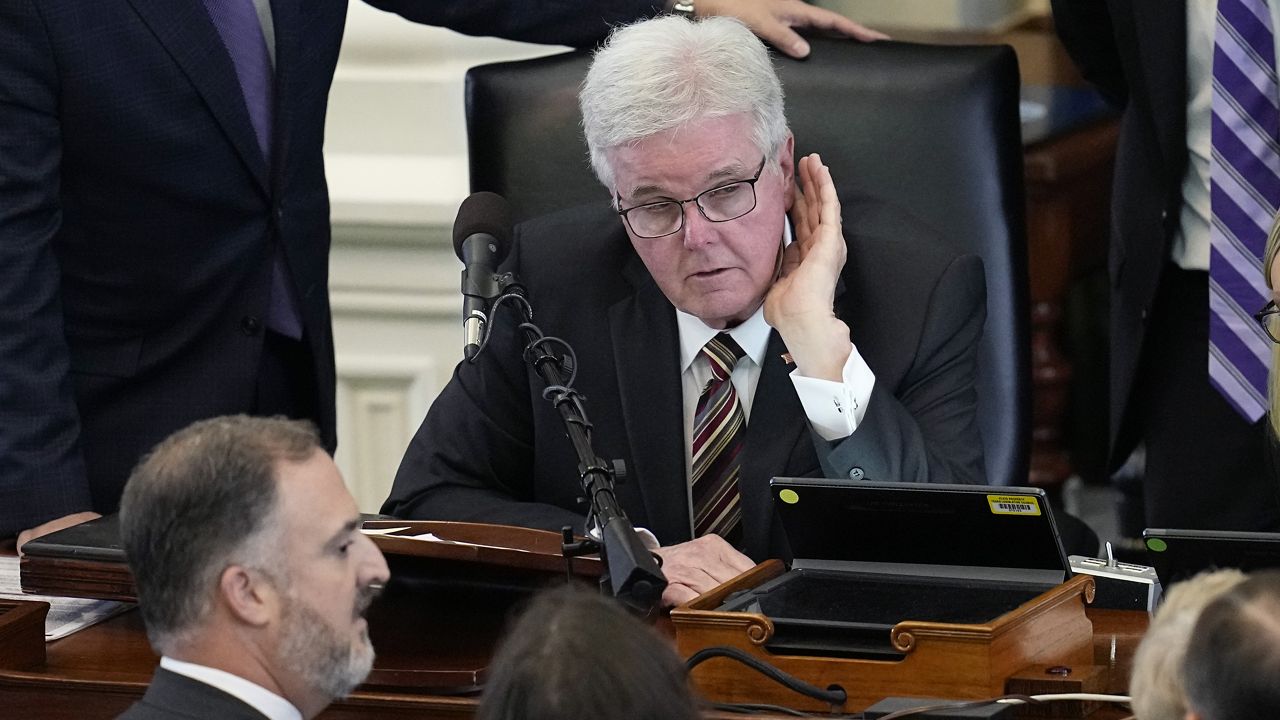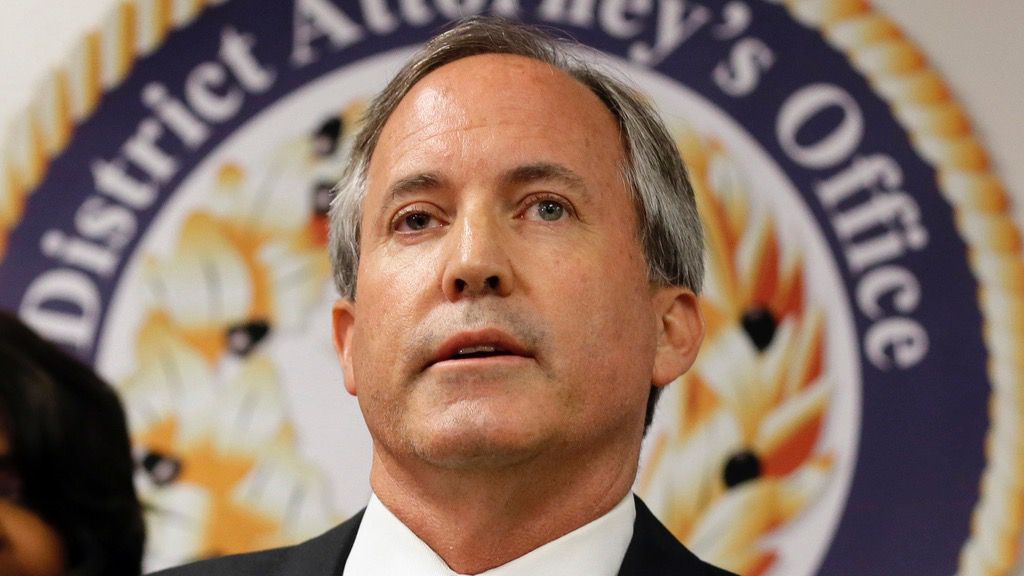TEXAS — The debate over Texas’ abortion laws continues with more calls for clarification from some medical providers, even though some anti-abortion groups argue the law is already clear.
What You Need To Know
- An ongoing debate has been reignited by Lt. Gov. Dan Patrick's concern about clarifying the state’s abortion law
- Texas law bans abortions after six weeks, except when the mother is at risk of death or substantial impairment unless an abortion is performed
- It’s up to doctors to use “reasonable medical judgment” to determine if an abortion can be performed. Doctors convicted of performing illegal abortions can face up to 99 years in prison
- Some medical providers say the law is creating uncertainty for physicians
Recent comments from Lt. Gov Dan Patrick about potentially clarifying the state’s abortion law have brought the ongoing debate back into light. A law that some medical providers say is subject to interpretation is creating uncertainty for physicians.
Dr. Ezequiel “Zeke” Silva is chair of the Texas Medical Association's Council on Legislation. Silva says the council looks forward to working with lawmakers this legislative session to improve the laws and their language.
“If you look at just the language of the law, it does not, in its current form, list specific exemptions," Silva said, adding that not every case is black and white. “Every patient is different. Every patient’s clinical circumstance is unique.”
Texas law bans abortions after six weeks, except when the mother is at risk of death or substantial impairment unless an abortion is performed.
It’s up to doctors to use “reasonable medical judgment” to determine if an abortion can be performed. Doctors convicted of performing illegal abortions can face up to 99 years in prison, up to a $100,000 fine, and lose their medical license.
Both sides say they don’t want doctors to feel afraid to perform life-saving procedures. Anti-abortion groups like Texas Alliance for Life say the confusion is not a fault that lies with the law. Texas Alliance for Life Communications Director Amy O’Donnell says not all doctors are confused about what the laws allow.
“We know that many doctors in the state of Texas are clear and medically necessary abortions are taking place that are tracked and reported monthly, on average, about five a month to Texas Health and Human Services,” O’Donnell said.
She added that while it’s a good conversation to have, their organization believes continued medical education is the best approach. “There’s no need to clarify the law,” said O’Donnell. She cites that the U.S. Supreme Court agrees after rejecting challenges to the state’s law in May 2024.
Currently, there are 38 bills filed this session relating to abortion in the state.











